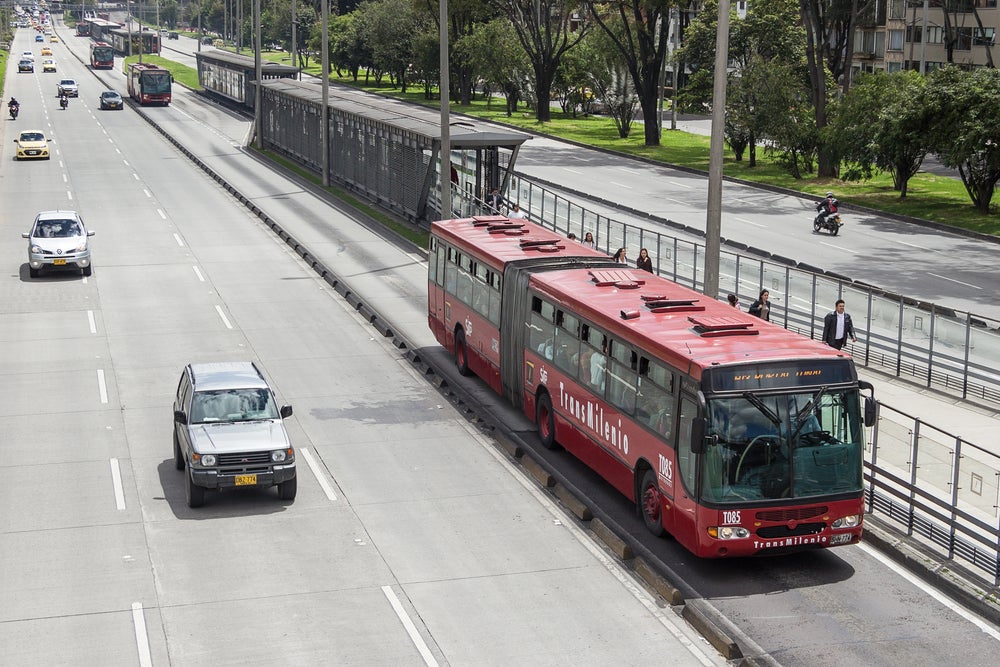During the peak of the COVID-19 crisis, governments in Latin America and the Caribbean aided firms and households with support packages coordinated with central bank monetary policy. For many, liquidity injections and flexible financial sector supervision helped ease the pain. While many small firms closed their doors during the crisis, surprisingly few larger … [Read more...] about Avoiding Economic Long-COVID: Policies to Support Firms and Workers in Latin America and the Caribbean
#firms
When Lower Barriers to Firm Creation Translate Into More Resilient Economies
By Alan Finkelstein Shapiro and Victoria Nuguer Registering a business in Latin America is not for the faint of heart. Multiple procedures -- ranging from establishing by-laws and a legal structure to registering the company with authorities -- have to be carried out. Labyrinthine bureaucracies have to be negotiated. Lawyers and accountants are often hired to avoid … [Read more...] about When Lower Barriers to Firm Creation Translate Into More Resilient Economies
A Rapid Transit System That Boosts Productivity
Confronted with sprawling development and paralyzing traffic, cities throughout Latin America and the Caribbean have moved to built rapid transit systems, ranging from subways to bus rapid transit systems (BRTs). New rapid transit, government officials hope, will get people out of their cars, improve the environment and boost wellbeing and productivity. But demonstrating … [Read more...] about A Rapid Transit System That Boosts Productivity
When Worsening Credit Conditions Trigger Recessions
Economists have long known that aggregate measures of economic activity vary during recessions. Unemployment rates increase, for example, while both GDP growth and investment rates decrease. But when we look at actual firms, the individual units of production in an economy, during a recession do they all behave in the same way? And if not, can we use that information to learn … [Read more...] about When Worsening Credit Conditions Trigger Recessions
Did Changes Among Firms Reduce Wage Inequality in Latin America?
For a long time, economists believed that inequality in the labor market could be explained fundamentally by differences in skills. Workers who were highly educated, experienced and skilled tended to be rewarded better by the labor market than workers who weren't. Firms were essentially irrelevant in this paradigm. Workers were rewarded for their productivity: It didn't matter … [Read more...] about Did Changes Among Firms Reduce Wage Inequality in Latin America?





